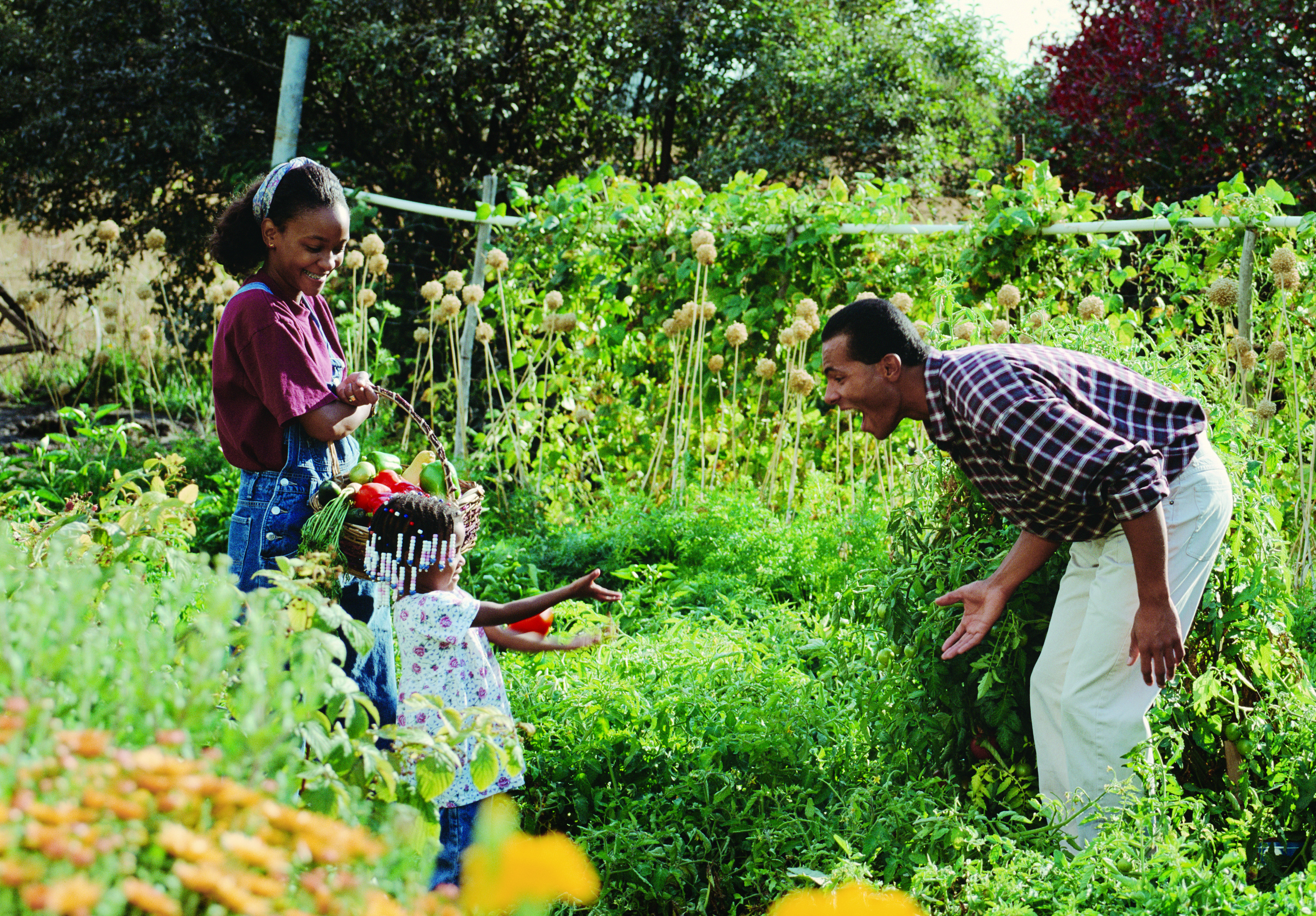
03 Jun All Play and No Work Makes for Missed Family Opportunities
Summer is upon us the time, the time when families load into everything from minivans to 747’s to get away from the grind of daily work and do something just for the sake of fun. In some families great sacrifices will be made to assure that both parents and children avoid any real effort during vacation. For them the dream vacation means endless hours of lounging while being waited upon, expending as little effort as possible. For them a successful vacation will result in tan skin, an extra ten pounds and a collection of “selfies” to update the Facebook page.
And yet for the average Upper Valley family “getting away from it all” is more likely to consist of taking time to do something challenging—camping, hiking, fishing, perhaps improving a family cabin or property. Isn’t it ironic that what we call “vacation from work” may be the hardest work in which we will engage all year? Yet we can find this to be some of the most gratifying time of the year, especially when that effort brings us closer as family members.
But somehow the idea of daily work—intentionally expending effort to accomplish something that needs to be done—seems so beneath us. While our grandparents and religious leaders hail work as a virtue many of us are in a race to pass off the mundane tasks to others, assuming our time can be better spent elsewhere.
Work has gotten a bad rap due largely to the way it has changed in relatively recent history.
Throughout the history of the world, right up until the industrial age, most families spent their days together producing or procuring food, shelter, clothing, fuel for warming and cooking—the very necessities of life. Most were sustenance farmers who were glad to have any extra resources they could trade to others for things that were difficult for them to produce themselves.
Daily life consisted primarily of working side-by-side with family members. Mothers and fathers taught daughters and sons. Lessons taught and learned went well beyond how to accomplish these tasks. These were opportunities to live, love and laugh with the most important persons in the world. Family journals often reveal the richness of such lifestyles.
My great grandmother, Elizabeth Boyes Walker Harker, was born in Lewisville in 1887. As a boy I remember asking her about what it was like to be a girl. This otherwise-stern woman lit up as she discussed the joys of planting, tending and harvesting from the garden with her siblings. She talked of helping her father hitch the horses to plow the fields and the joy of riding beside him, talking about whatever was on her mind and feeling his love. She showed me rag rugs her mother taught her to make while they also talked and learned about each other.
I’ve come to realize that mundane work, that which does not require our full attention, provides the greatest opportunities to talk, to laugh, and to discover what is on the hearts and minds of family members. Boys especially benefit from these moments, as they can talk and listen much better while their eyes and hands are directed elsewhere than when they are sitting across from parents. Men of all ages often communicate much better shoulder-to-shoulder than face-to-face.
Even as a young boy I recall feeling just a little jealous of Grandma Harker, spending virtually all day with her parents doing stuff that really mattered—even if she did have to use an outhouse.
So as you plan your summer, consider the value of working with your children. Look for opportunities to share tasks and challenges, even if perhaps they don’t immediately see the value in doing so. Pulling weeds and washing windows with your kids provide chances to talk, and especially to listen and to observe.
Rather than working at the office like a fiend so you can pay for an escape from effort, you might see opportunities to share meaningful moments with the most important persons in your world—moments that won’t cost you a dime, while teaching skills and perspectives that can serve them for a lifetime.
Michael D. Williams is a licensed psychotherapist, a Marriage and Family Therapist with over 25 years’ experience. You can offer feedback, suggestions or questions at MichaelWilliamsCounseling.com, or call him at (208) 360-2365.
